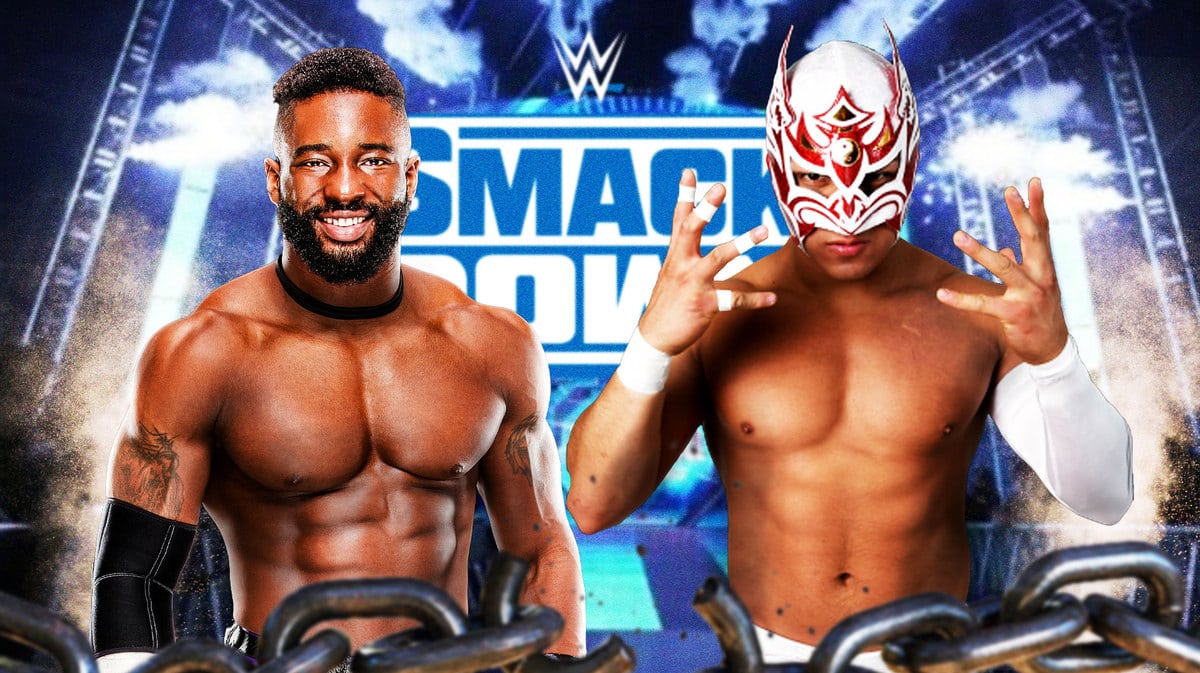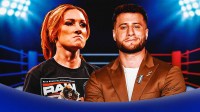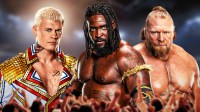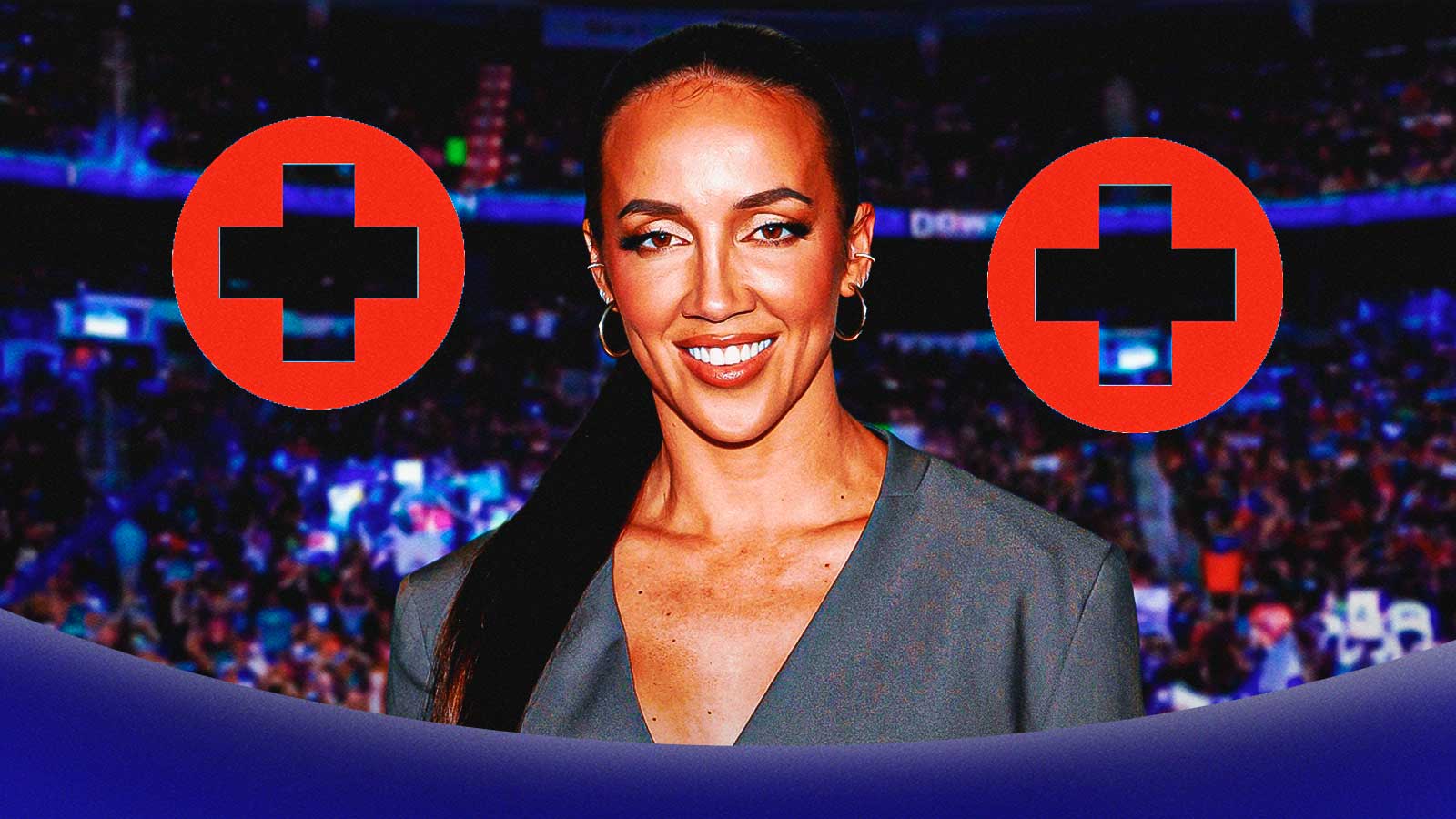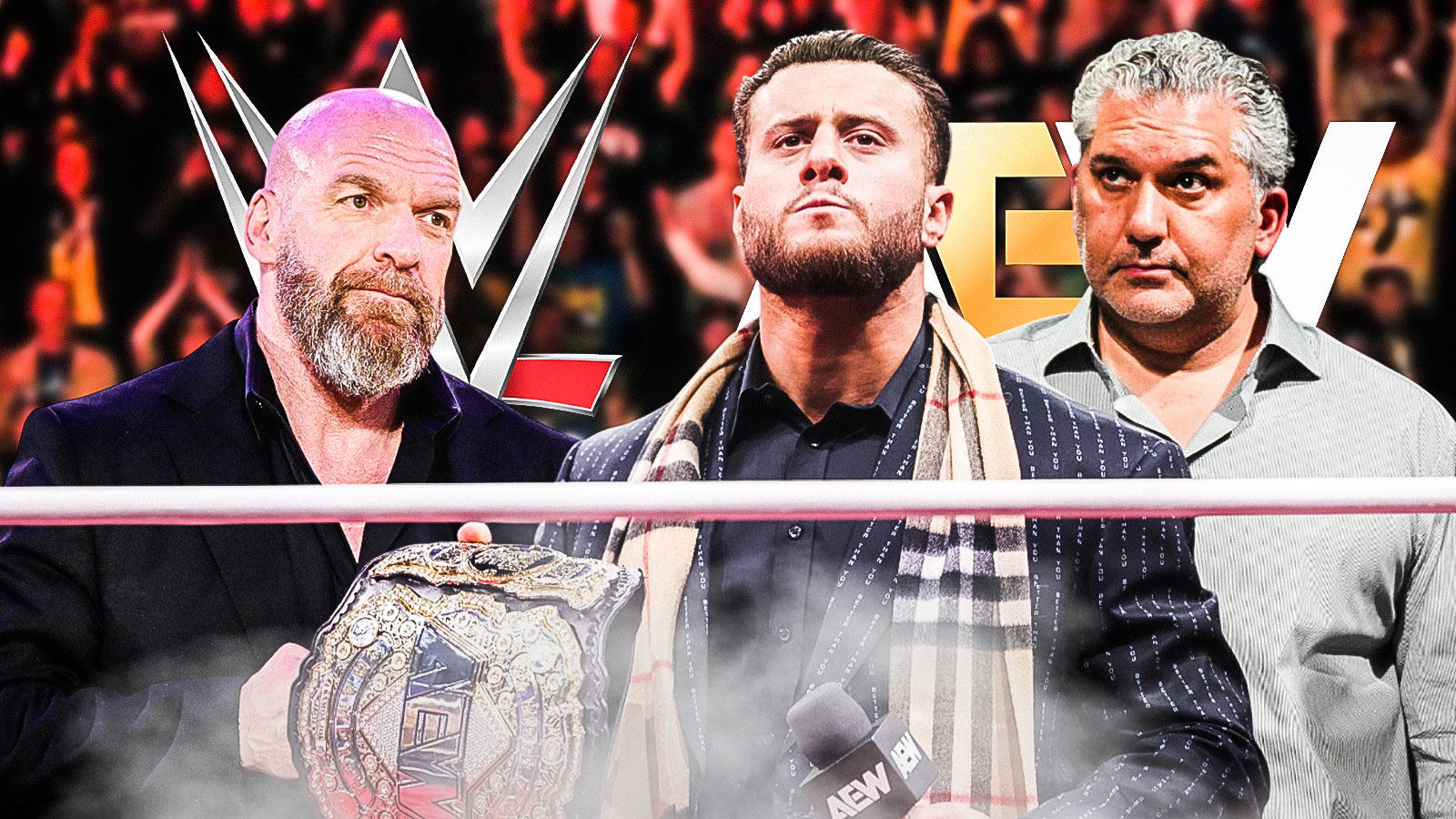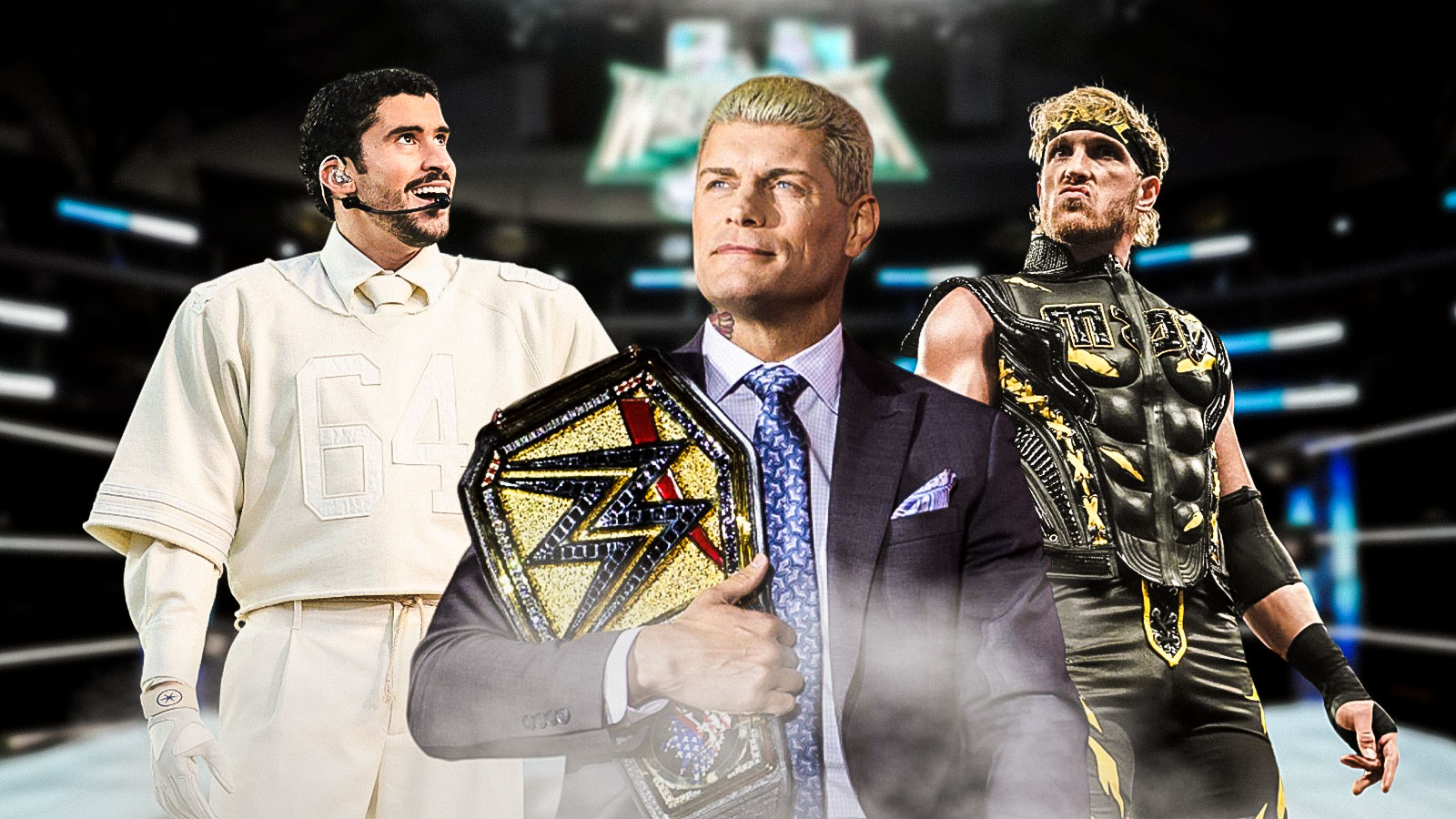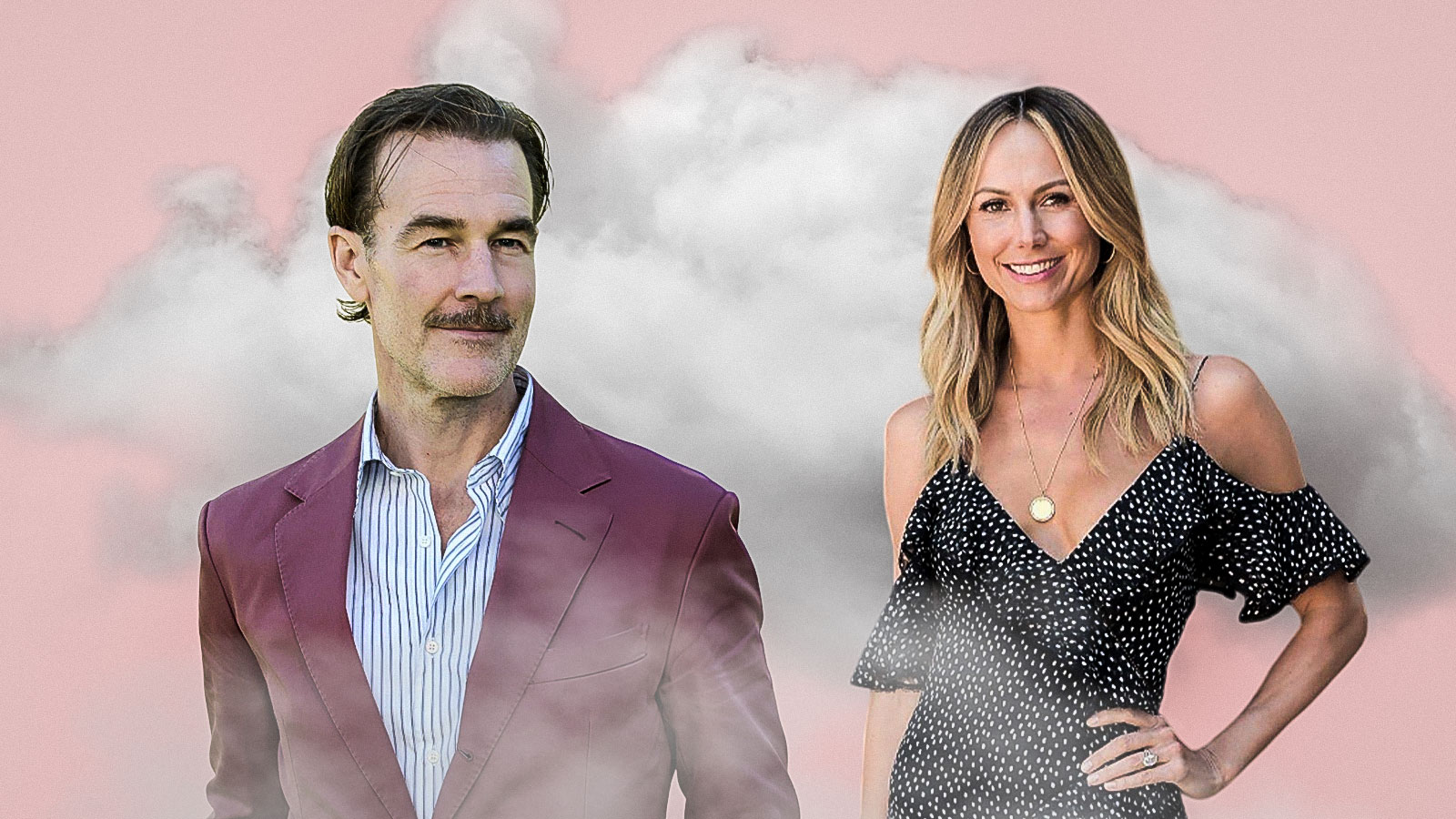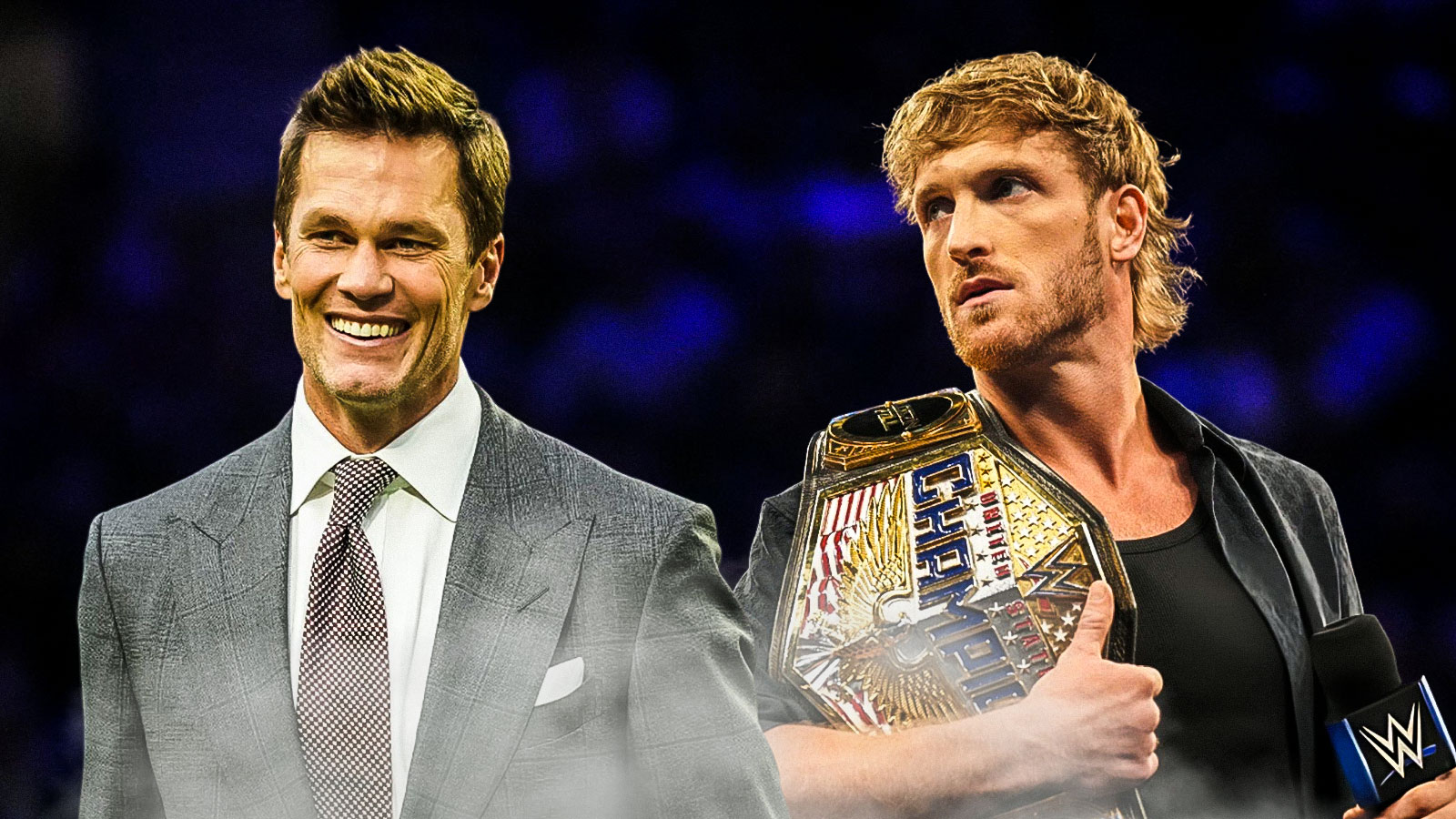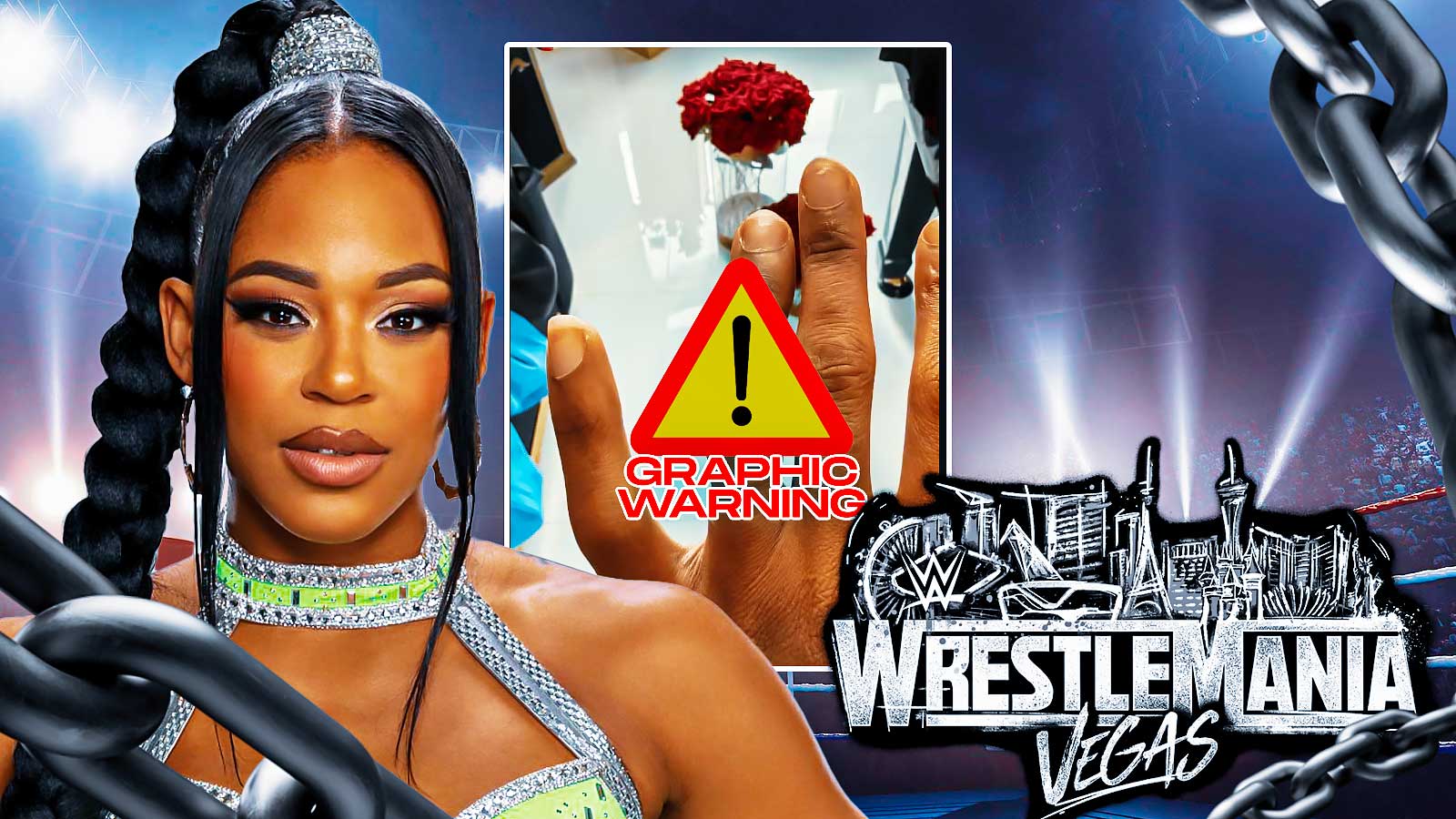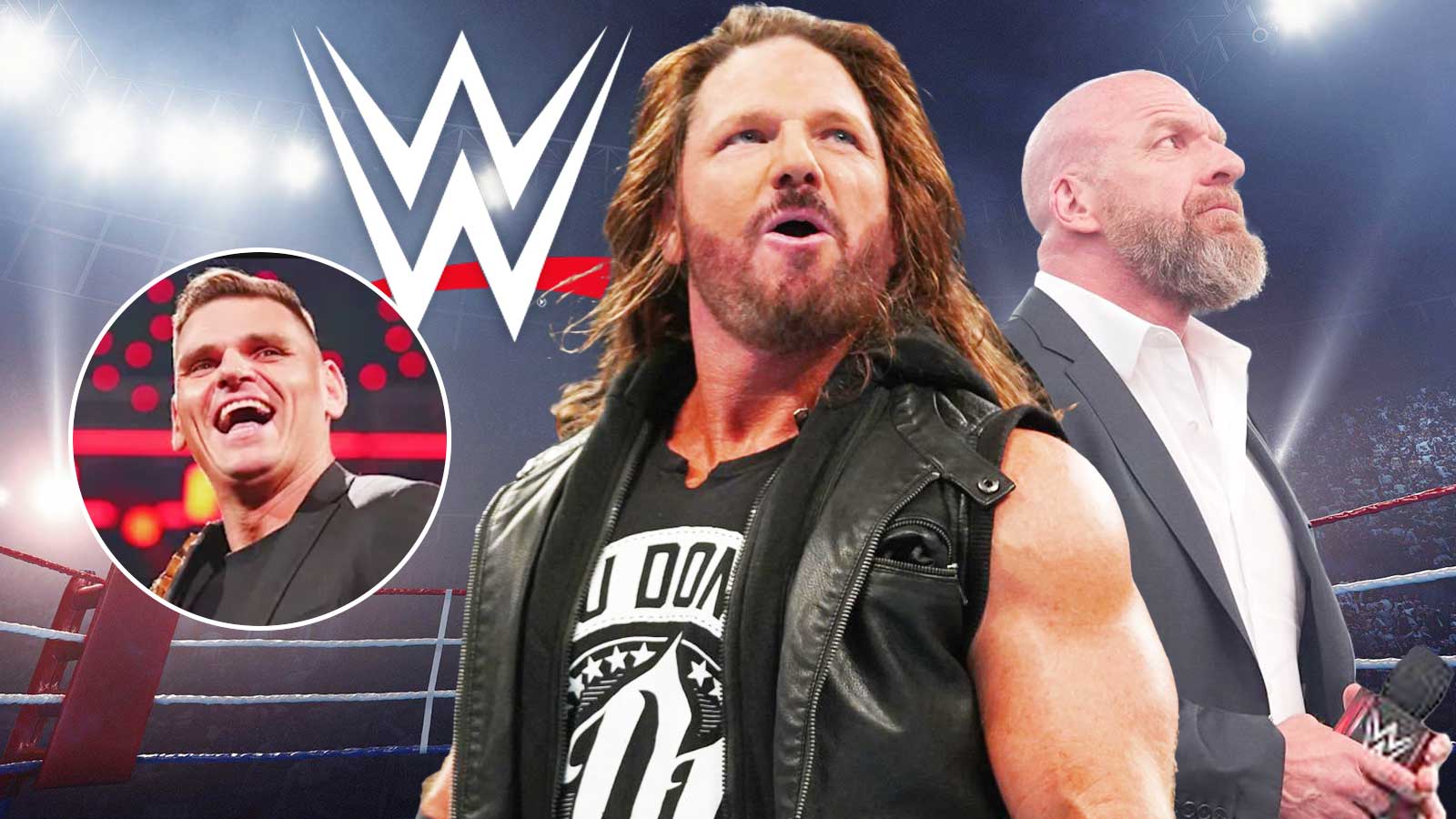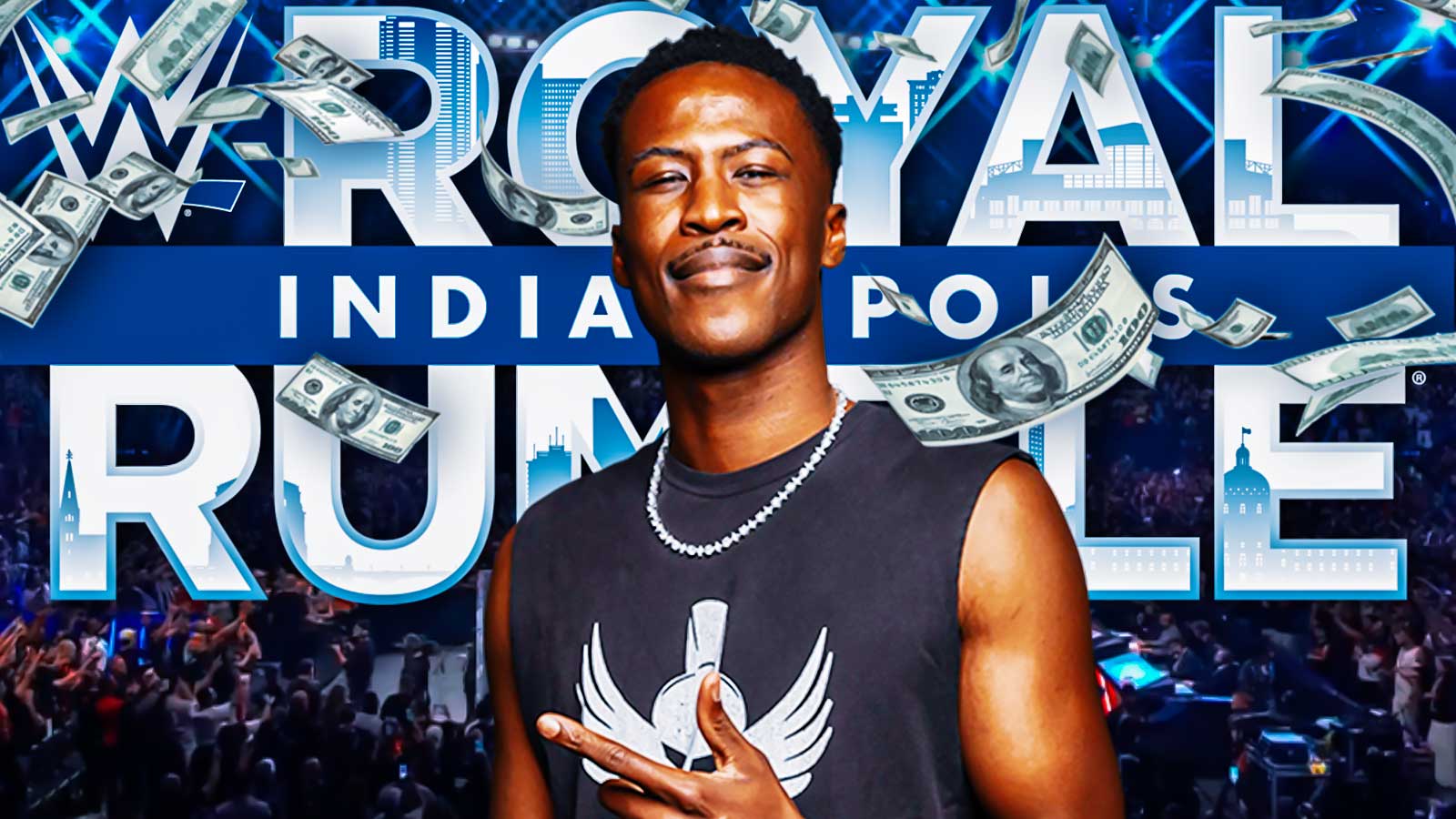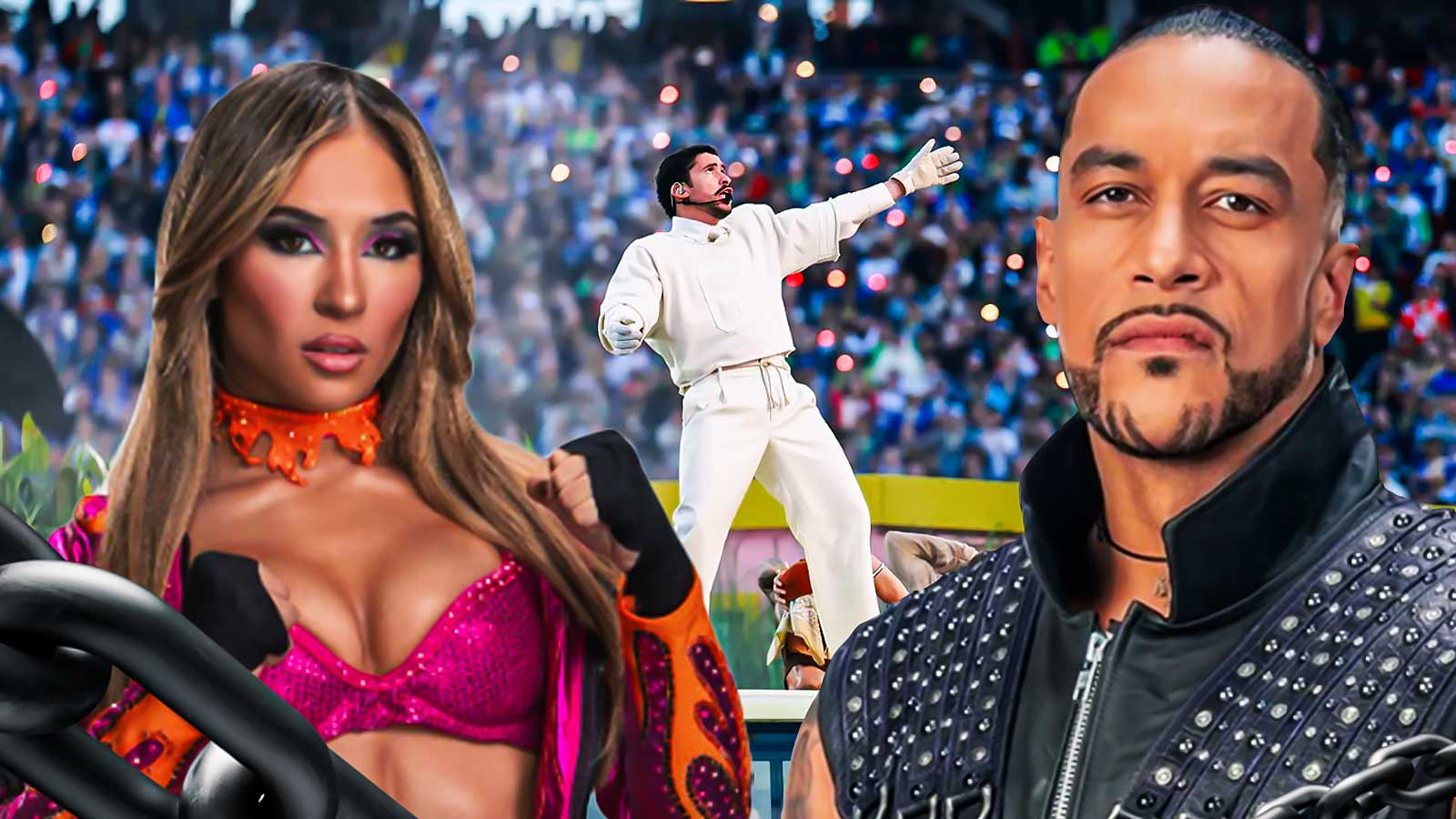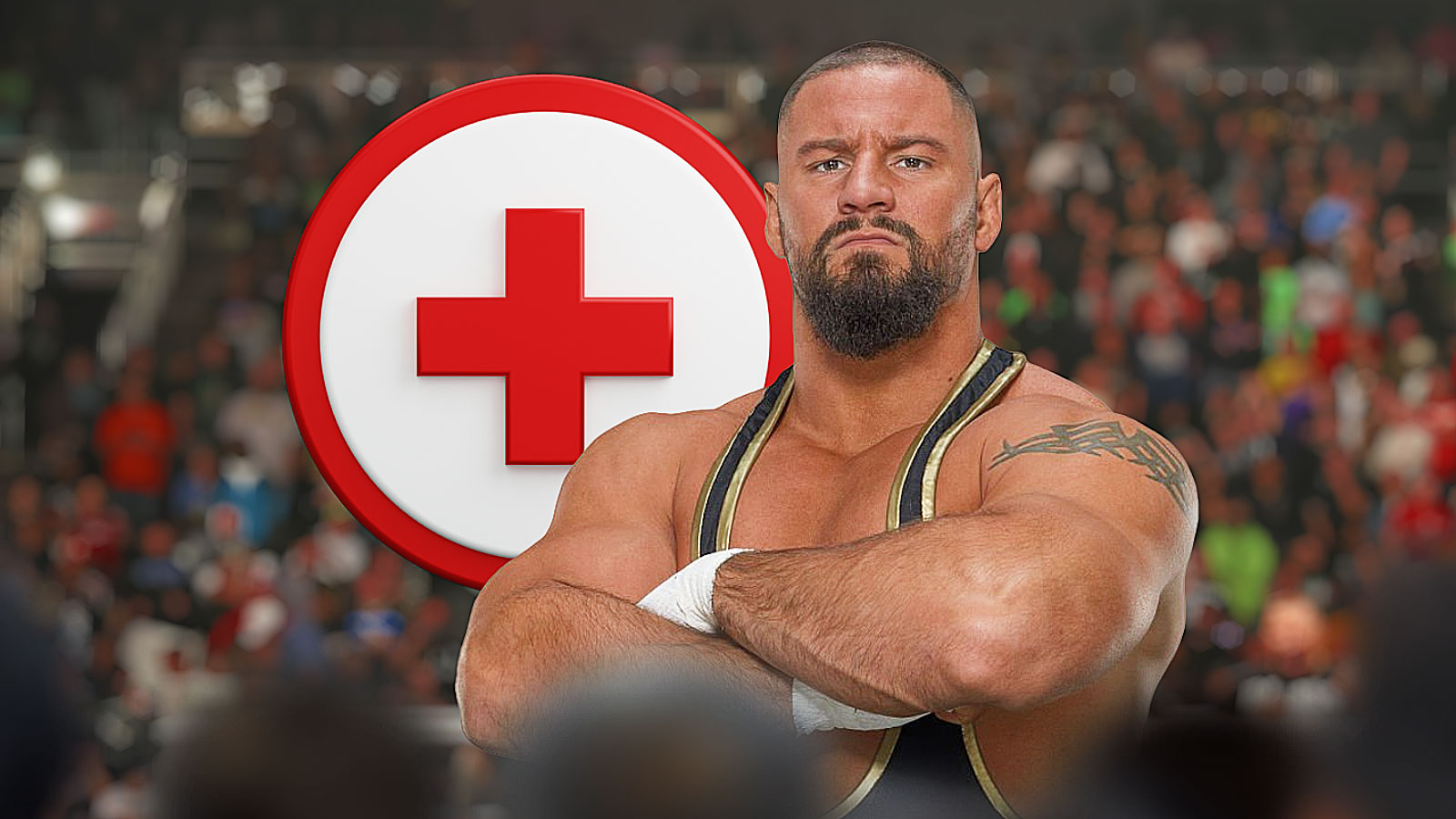After absolutely blazing a bath through NXT faster than (almost) every performer who came before him, Dragon Lee is off to a hot shot on the main roster, recording barn burner after barn burner against the likes of Dominik Mysterio, Austin Theory, and Cedric Alexander, who he beat for the second time in as many weeks on SmackDown.
Catching up with Cathy Kelley for a digital exclusive after the show, Lee revealed not only the inspiration he's received from getting to work with a performer like Alexander but also his burning desire to get better now that he's on one of the biggest stages in professional wrestling.
“There's no secret; Alexander and I, we have good matches, and the only thing that I can do is, I can be disciplined. Alexander teaches me a lot of things,” Dragon Lee said after SmackDown. “Pro wrestling is like mathematics; we never stop learning. So every match, I never lost because every time, I learn something new. In this match, I learned a lot. So Alexander and a lot of wrestlers in WWE teach me a lot. That's why I Iove pro wrestling. So that's my secret. I think just discipline, that's it. Just be disciplined. I have more things to do here. This is just the beginning. The Dragon has awakened.”
What does the future hold for Dragon Lee? Only time will tell, but after watching Rey Mysterio seemingly enter into a feud with Santos Escobar after losing his belt to Logan Paul at Crown Jewel, who knows, maybe Dragon will enter the conversation and really go for the United States Championship?
Corey Graves notes the difference between his and Dragon Lee's NXT.
Speaking of performers who jumped from developmental to SmackDown, Corey Graves recently stopped by The Kurt Angle Podcast to discuss the differences between NXT and FCW, the developmental territory he learned in before he was forced to retire from the ring in 2014.
While the original NXT looks nothing like the format Dragon Lee ran through on his way to SmackDown, making the developmental brand much more like Florida Championship Wrestling, but with all of the benefits of the main roster proved to be the perfect combination to create something truly special.
“It was very exciting, but it was also very uncertain. FCW versus NXT were two completely different systems, basically different worlds. FCW, we were sort of the redheaded stepchildren on this island down in Tampa, hoping that maybe one of us someday would make a couple of bucks. No one was making much money, I think we were all making 500 or 600 bucks a week, which was standard at the time but not exactly a comfortable living. You train five days a week, and you do these live events in front of 10, 20, or 30 people four or five nights a week. I remember getting there and having a conversation with Seth Rollins, who I knew from the independents at the time. I was like, ‘Dude, is this WWE? My paycheck says WWE on it, but it just doesn't feel anything like WWE.' You know, I grew up watching it, and I'm thinking to myself, ‘I'm in England every few weeks wrestling in front of three or 4,000 people, and now there are 26 people for our TV tapings.' It was absolutely not glamorous,” Corey Graves told Kurt Angle via EWrestling News.
“I think the goal when making the NXT changeover was to really overhaul the entire system, and that was sort of Paul's baby at the time. Triple H's baby was developmental, and he wanted to give us the best tools in the world to succeed. And boy, did we ever. There were certain holdovers. Obviously, we still had Dusty Rhodes. We still had a lot of the same familiar faces from FCW coaching-wise. So, there was a level of comfort. I know that the facility, the Performance Center, just blew away a lot of us. The first time you stepped foot, ‘Wait a minute. We have a kitchen.' In FCW, we had a microwave, and you'd have about eight guys standing around in a semicircle waiting to heat up their food, and just seeing the Performance Center and what it became. Then there was such an influx of talent where we saw a lot more of our friends from the independents coming in, whereas FCW there was a handful of us who were the quote-unquote ‘indie guys,' but there were a lot of outsiders. Then NXT came and it was like, ‘Okay, everyone who we felt should be here was starting to get an opportunity.' Not everybody stuck, but it was really cool to see all these different faces that were familiar and guys you knew wanted it and wanted to be there and cared about the business.”
While some fans may still enjoy the old reality show format of the original NXT and Tough Enough right beside it, creating a college-style system where young athletes can learn how WWE likes to do sports entertainment has proven incredibly helpful for performers with no wrestling experience and for performers like Lee with hundreds of matches already on their resumes.

